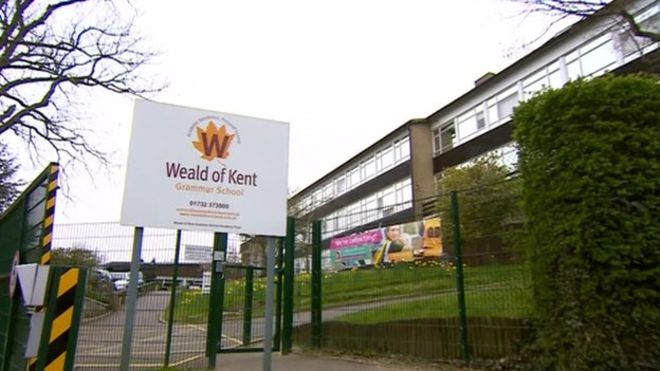 An important new study by the BBC reviewed grammar school admission policies to check how many offered priority for disadvantaged pupils. The research also looked at the overall percentages of pupil premium pupils attending selective schools, and whether grammar schools had expanded their pupil numbers.
An important new study by the BBC reviewed grammar school admission policies to check how many offered priority for disadvantaged pupils. The research also looked at the overall percentages of pupil premium pupils attending selective schools, and whether grammar schools had expanded their pupil numbers.
Here are the key findings.
Most grammar schools now have admission policies aimed at helping disadvantaged pupils secure a place, however many policies mention only 5-12 places reserved for poorer pupils. A minority of grammar schools still make no mention of disadvantage in their admission policies at all.
Grammar schools have expanded significantly in the last decade. Their places have increased by 19% – more than twice the rate of growth in pupil numbers overall. This deepens their influence on education in the areas where they exist.
A quarter of grammar schools have fewer than 5% of disadvantaged pupils. Out of 3000+ non selective secondary schools in the country just 13 had similar low numbers.
Two grammar schools in Walsall have set aside 30% of their places for disadvantaged pupils. These are the highest quotas of any grammar school in England. The 30% figure matches the levels of disadvantage in their community. However, the school will be highly unlikely to admit local disadvantaged pupils of all attainment levels, most will not pass the 11-plus test. This means to reach the quota the school must be relying on disadvantaged pupils travelling from a significant distances to attend the school.
Prof Lindsey Macmillan, Director of the Centre for Education Policy and Equalising Opportunities, gave evidence to the BBC. She said the evidence was “very, very clear” that children in grammar schools areas who don’t get a place have reduced opportunities. She pointed out, “They’re less likely to go to university, they’re less likely to earn as much as adults. Grammar schools increase inequality – compared to comprehensive areas that look very similar in other ways.”
Labour’s shadow education secretary Bridget Phillipson was also questioned about grammar schools. She said, “My focus is driving up the standards in every state school.” She added that “structural reform” of the kind that would see the status of grammar schools threatened was not a policy priority for Labour. She had recently met the Grammar School Heads Association and sadly there is no Labour plan to phase out 11-plus selection.
The BBC website has a search feature if you’d like to discover further data about grammar schools. You can find it HERE.
Here’s the story as reported on BBC news.





